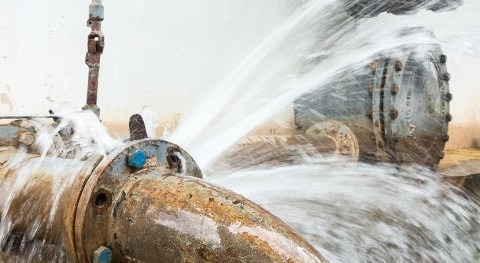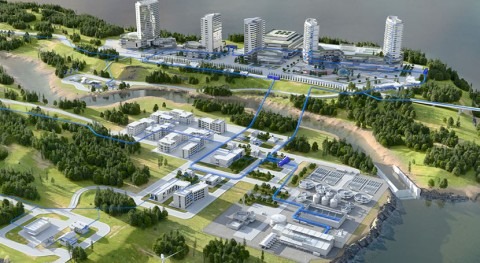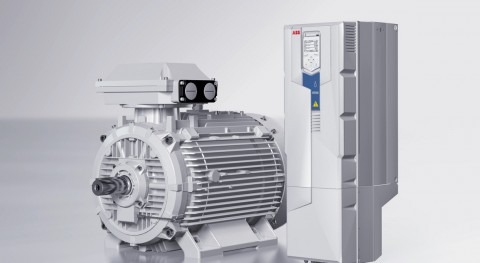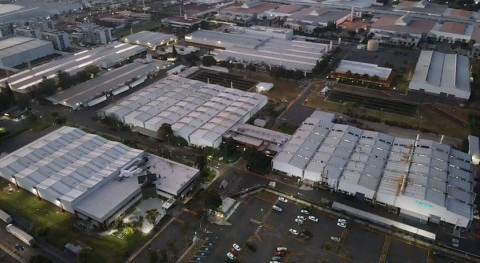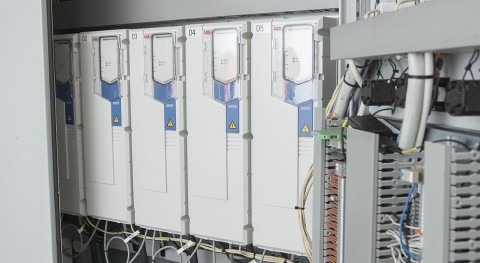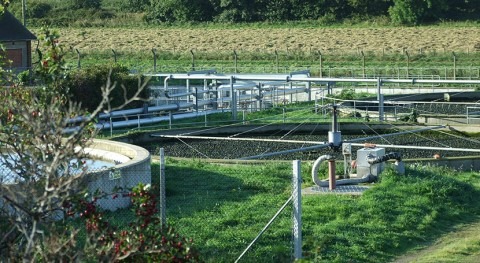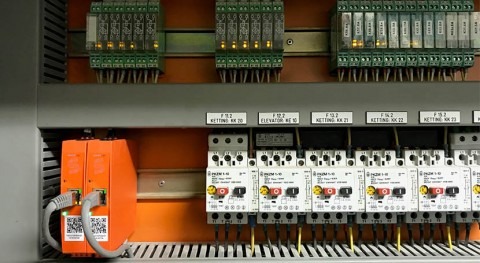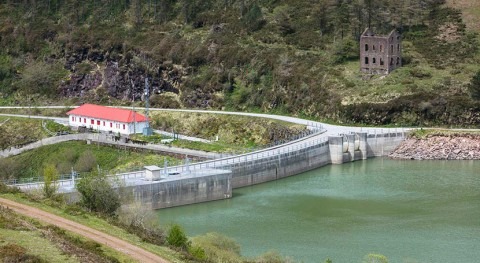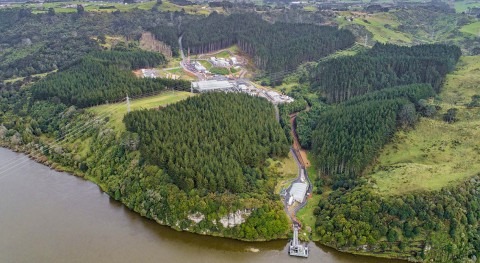Water Treatment Plant (WTP) and Wastewater Treatment Plant (WWTP) operators are increasingly supporting better decision-making by leveraging digitalization capabilities available through instrumentation and plant management systems. Successful adoption of digitalization starts with identifying the right balance of tools (i.e., webnetworked instrumentation) and systems (i.e., analytical data management software). Maximizing the value, however, is as much about exercising a mind-set of efficiency as it is about tracking raw numbers.
At the most basic level, WTP/WWTP managers implement digitalization to improve their snapshot view and understanding of what’s happening in their current operations. At the highest levels, they leverage it strategically for improving customer satisfaction, balancing allocation of capital, and supporting better decision-making in day-to-day business, financial, and water-treatment activities. In all cases, digitalization provides a platform for enabling more consistent operations without getting users bogged down in the overhead or technicalities of a large data processing structure.
Beyond physical operations, digitalization also provides ancillary value as a means of adapting to changing labor force dynamics in water treatment operations large and small.
The true value in digitalization is being able to identify early indications of things that are about to go wrong
Identify advantages at every level of operation taking maximum advantage of the promise that digitalization has to offer requires thinking beyond existing operations. It requires an attitude where change management, communication, and training are just as important as technology tools. Employing that broader perspective helps users envision more all-encompassing solutions rather than simply automating existing instrumentation functionality. Consider the strategic benefits offered by more comprehensive data collection and management across these four areas of operations:
- Diverse data collection – some intelligent instrumentation provides added-value data for end users beyond its primary function. For example, some chemical analyzers and level detectors provide temperature sensing that can influence better process control decisions. Flow meters that measure conductivity in the pipe can detect changes over time to indicate that more contamination is present and chemical dosing needs have changed. Flow meters that detect air bubbles caused by pump cavitation, or that provide vibration readings, can identify needs for preventive maintenance activities. Cloud-based systems using Internet of Things (IoT) technology also make it easier to access data available from diverse sources – including remote installations.
- Comprehensive data analysis – as data collection expands, it increases the risk of overlooking specific ‘nuggets’ of information in the mountains of data generated. Modular software solutions that share inputs from sensor, analyzer, and control systems in a more holistic view help WTP/WWTP operations benefit from tighter integration across multiple functions:
- Enterprise asset management/enterprise resource planning
- optimizes operation, facility, and asset management in response to the latest processrelated data.
- Workforce Management helps assign employee guidelines for routine maintenance activities as well as responses to system alarms, warnings, and emergencies.
- Asset Performance Management protects process integrity and equipment longevity through continuous assessment of process instrumentation by optimizing both predictive and preventive maintenance planning.
- Control-oriented data management – cloud-based infrastructure helps more people and systems access, monitor, and act upon data specific to WTP/WWTP needs. This includes inputs from process-line instrumentation and signals directed to a variety of control equipment – programmable logic control (PLC), supervisory control and data acquisition (SCADA), and distributed control (DCS) systems.
- Customizable dashboards – displaying key performance indicators on large touch screen displays empower plant operators to be more aware of and responsive to process variations. Apps running on mobile platforms (i.e., smartphones and tablets) also make it easier for plant personnel to interact with plant equipment and analytic data.
- Data-driven decision-making – whatever the infrastructure, the value of digitalization lies in its ability to provide better perspective for informed decisions. Systems running analytic programs designed specifically for water-plant applications provide insights relevant to key operations. This includes the ability to anticipate changing process trends, to identify and react to potential upset conditions in real time, and to support higher-level organizational objectives.
- Lower the cost of measurement – integrating instrumentation readings within digital management systems improves the time- and cost-efficiency of data collection and its practicality for controlling plant operations. Being able to monitor at a high level in real time, yet still analyze process upsets in great detail when necessary, puts plant personnel in a better position to streamline plant efficiency.
- Make solutions scalable – more data inputs bring more complexity. Adopting scalable cloud-based data management systems tailored specifically for water/ wastewater applications satisfies changing data collection and analysis needs without tying up internal IT resources or personnel.
- Look forward, not just backward – the true value in digitalization is being able to identify early indications of things that are about to go wrong, rather than simply documenting things that have already gone wrong. Maximize that value by using historical data trends to program systems to respond at appropriate levels of control needed to maintain optimum performance.
- Protect infrastructure with predictive analytics – squeezing maximum value from aging infrastructure requires a strong commitment to tracking key performance indicators. Doing so can help optimize maintenance schedules, protect aging infrastructure, and minimize the risk of unexpected equipment failure. Predictive maintenance analytics are particularly valuable with key instrumentation required for critical around-theclock operations.
- Optimize efficiency for compliance and conservation – real-time tracking of water streams and equipment performance can indicate shifts in water quality before a complete process upset occurs. This can save on potential fines for noncompliance and reduce the time and expense of bringing plant operations back into balance. Also, in times of water scarcity, any data that improves efficiency helps preserve precious water and energy resources.
- Compensate for personnel turnover – process instrumentation that can provide analytical summaries along with detailed readings does a better job of supporting plant personnel with varying levels of experience. Instruments that encrypt device maintenance and operating conditions within dynamic QR codes make it easier for less experienced personnel to streamline troubleshooting processes. They can simply take a picture of the QR code with their smartphone and forward it to the manufacturer to receive remote support. Meanwhile, more proficient plant personnel can still get the details they desire to exercise their years of troubleshooting expertise.




